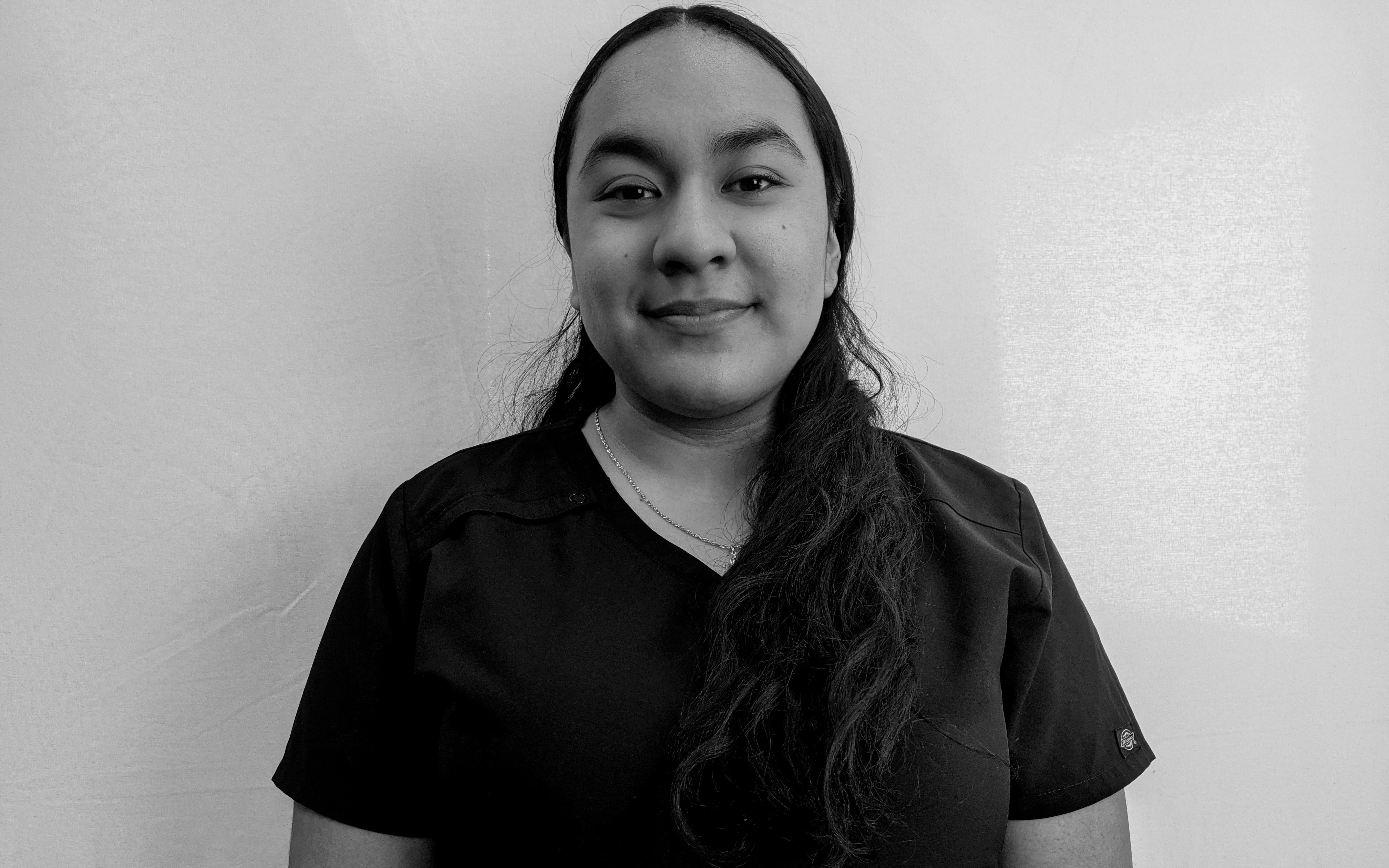We Are America
Understanding My American Identity
By Lezli

Southwest Career and Technical Academy , Las Vegas, Nevada
Far, far away in a place I used to think was my home. I deceived myself into believing I was entirely Mexican due to my heritage, while my American identity lay dormant and forgotten. Sixth grade was approaching, and I failed to recognize the experience I grew up with and its impact. ‘American’ was merely a label I wore, a legal status devoid of deeper meaning. It took a month-long venture in Mexico to unravel the complexities of my identity, prompting a profound re-evaluation of myself.
The first week in Mexico was a disaster; my only goals were escaping the unfamiliar environment and going home. My parents were not around to guide my sister and me on this journey because of their legal status. All the expectations and customs were different compared to the states. For example, if a woman walked unaccompanied by a man or boy, they were met with a series of judgemental and frowning faces. My eight-year-old boy-cousin was ordered to tag along with my sister and me as we began to explore the small town. The initial culture shock made me feel displaced; fortunately, I gradually started to adapt to the new environment and customs I would be surrounded by for over a month. The slower pace of life and a strong sense of community in my parent's hometown were things I began to appreciate. This realization opened my eyes to the disconnect between myself and the people around me; yes, we did share skin tones, hair color, and eye color, but our upbringings and experiences differed. The realization that identity is not solely based on heritage slowly sank in.
I embraced my Mexican heritage, as did my cousins who resided in Mexico, yet our approaches to it differed. The future and goals we held were different. My cousins mainly focused on tending sheep, their family, and agriculture. Their dream was to come to the U.S. and work to make a better life. At that age, I was not concerned about my goals or dreams. My parents struggled financially, but the burden never fell directly on me. The differences in lifestyles were also evident when tagging along with my cousins to the untamed hills and valleys known as ‘el campo.’ I treaded slowly with “proper shoes,” yet my cousins moved much quicker, with thin sandals completely immune to the sharp rocks and thorns. The inability to live up to their lifestyle allowed me to earn a nickname. I slowly became known as ¨la gringa,” a slang term used to refer to foreigners. Confusion washed over me ¨How could I be a foreigner if both my parents were born here and passed their customs and traditions?¨ My logic was severely flawed.
This prompted a shift in my perspective, and rather than feeling offended or out of place, I began to appreciate my American upbringing. My dual heritage is rich, and I am fortunate to experience both sides. This event marked a turning point in my understanding of my cultural identity, leading to a newfound gratitude and acceptance. I value embracing the complexity and ambiguity in defining my identity, allowing me to celebrate my cultural background not constrained by rigid categorizations. I am no less American than those around me because of the legacy I carry, passed down by my family.
During my time in Mexico, they encouraged me to confront my dual heritage, to find harmony in my American and Mexican identities, and to highlight the importance of embracing cultural diversity and carrying empathy and unity. My time in Mexico taught me to celebrate these differences and explore my identity openly, recognizing the beauty in our shared diversity. To be American is beyond looking and sounding American; it can be much richer and more complex, fitting the diverse cultures here, including mine.
© Lezli . All rights reserved. If you are interested in quoting this story, contact the national team and we can put you in touch with the author’s teacher.